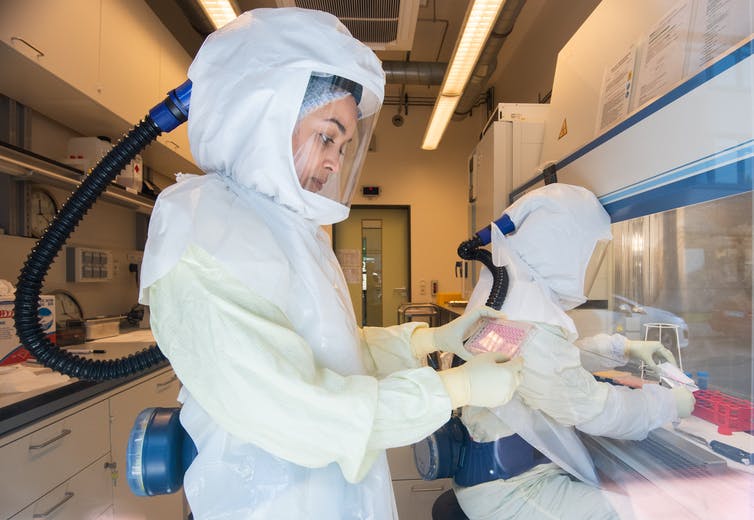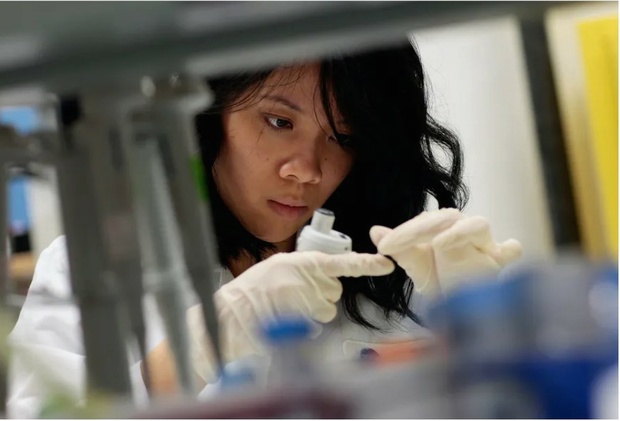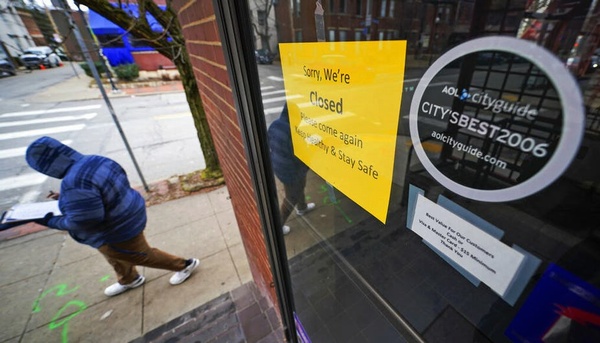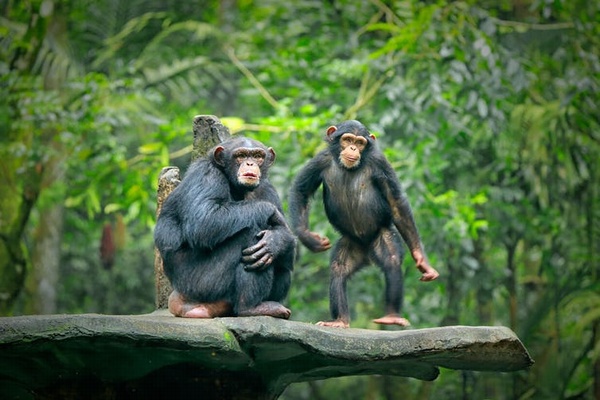 Is Canadian Patriotism Why Religion Is So Unpopular In The Country?
Is Canadian Patriotism Why Religion Is So Unpopular In The Country?In 1961, less than one per cent of Canadians identified as having no religion. In 2021, 43 per...
 Red Alert Fatigue - Why Americans Are Getting Immune To Political Hysteria
Red Alert Fatigue - Why Americans Are Getting Immune To Political Hysteria“I am definitely not following the news anymore,” one patient told me when I asked about her...
 She's Not Going To Propose This Holiday And Here's Why
She's Not Going To Propose This Holiday And Here's WhyThe Christmas period isn’t just for presents, sparkling lights and too much festive food –...
 Correlation: Sitting Is Bad For Your Health And Exercise Won't Help
Correlation: Sitting Is Bad For Your Health And Exercise Won't HelpAdvances in technology in recent decades have obviated the need and desire for humans to move....










